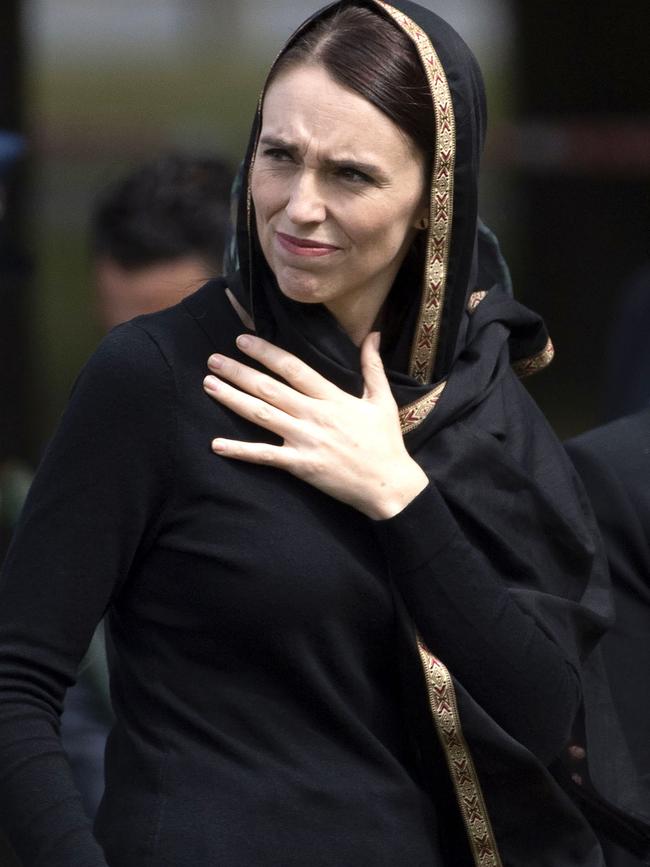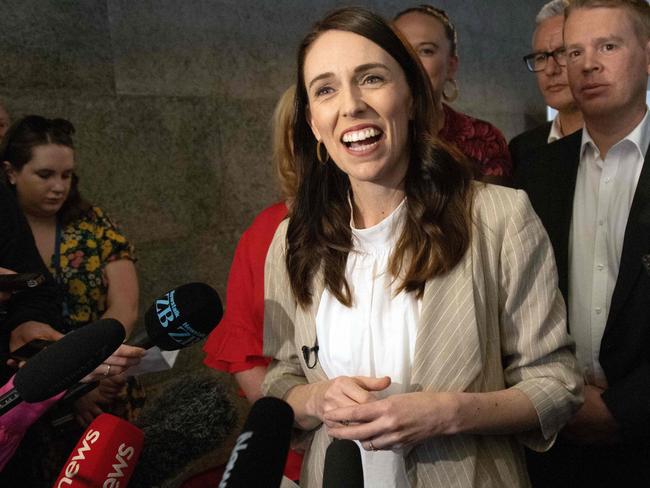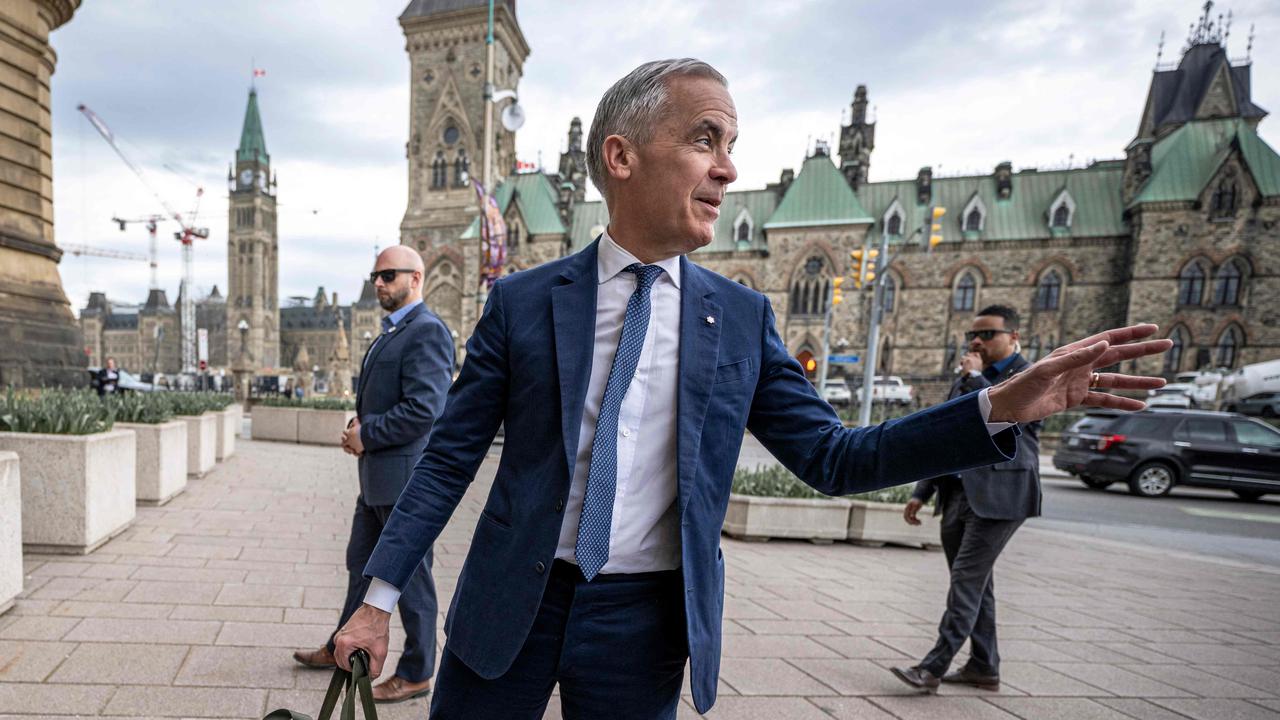Jacinda Ardern sweeps to victory despite hazy post-pandemic plans
Jacinda Ardern’s rockstar profile has made Kiwis feel ‘exceptional’ — now the responsibility to restore the nation’s economic fortunes is hers alone.

“Tonight’s result has been strong,” said Jacinda Ardern, with the kind of understatement of which only a New Zealander is capable.
The Prime Minister had just secured a second three-year term in government for Labour in a general election on Saturday with 49 per cent of the vote — the best result for any party since 1951.
This gives Ardern 64 seats in New Zealand’s 120-seat, single-chamber parliament, compared with 35 for the main opposition, the National Party. It is the first time any party has been in a position to govern alone since New Zealand adopted a system of proportional representation in 1996.
There is barely a corner of the country that has not been painted Labour’s signature red. New Zealanders choose both a party and an MP when they vote. Labour topped the party vote in 68 of the 72 constituencies. It prevailed in rich urban areas and conservative farming districts. It toppled old political stalwarts.
National’s deputy leader, Gerry Brownlee, lost a seat that he has held for a quarter of a century. New Zealand First, a populist party with which Labour has been governing in coalition for the past three years, has been booted from parliament altogether. This walkover has much more to do with the pulling power of the Prime Minister than the ideas of her party.
In the three years since she came to power she has steered the country of five million through its worst terrorist attack, a fatal volcanic eruption and the coronavirus pandemic.
She has been praised for uniting Kiwis when other countries are growing more divided. Her strict response to the coronavirus succeeded in stamping out local transmission (albeit with a brief relapse), allowing life to return to normal in New Zealand.

Even her staunchest opponents admit that she has a gracious, straightforward way of communicating. “The brilliance” of the Prime Minister, says Mike Grimshaw of the University of Canterbury, is that she “plays into the idea that we are exceptional”. New Zealanders have always been fond of the idea that they are a country set apart in more than a geographical sense. Ardern reminded them of that as she declared victory.
“More and more, people have lost the ability to see one another’s point of view,” she said, to whoops from her team. “New Zealand has shown that this is not who we are; that as a nation, we can listen.”
Although Labour does not need the help, there is still a chance it could ask the Greens, who won 7.6 per cent of the vote, to join it in a coalition. National, which won the backing of just 27 per cent of voters, will be weak in opposition.
Part of the reason it fared so badly is that it has churned through three leaders since May. Yet there is already talk of another coup against its latest boss, Judith Collins, according to Matthew Hooton, a former National staff member. Collins took a confrontational approach to the campaign, in keeping with her tough-guy persona. She labelled Ardern a “liar” and said obese people were to blame for their weight problems — but this did not seem to go down particularly well with voters.

Still, conservatives will take some comfort from the fact the new government is unlikely to be too radical. Though Labour will no longer have to work with a more conservative coalition partner, it has won support from centre-right voters whom it will not want to alienate. In her victory speech Ardern assured them, “We will be a party that governs for every New Zealander.” This is code, Hooton says, for being “completely uncontroversial”.
Labour still promises to build cheap houses and reduce poverty — things it failed to do in its first term. It wants New Zealand to generate all its electricity from renewable sources within a decade.
Yet Ardern has scrapped plans for new taxes on wealth and capital gains. She has pledged to raise income taxes in an attempt to curtail mounting debt, but only on the top 2 per cent of earners. None of this, however, provides an obvious way out of the recession brought on by the pandemic. Ardern insists she will restore the economy to growth, but her plans are hazy.
And whereas she could complain previously, with justification, that Labour’s coalition partners were holding back her government, the responsibility for fixing things now rests solely with her.



To join the conversation, please log in. Don't have an account? Register
Join the conversation, you are commenting as Logout